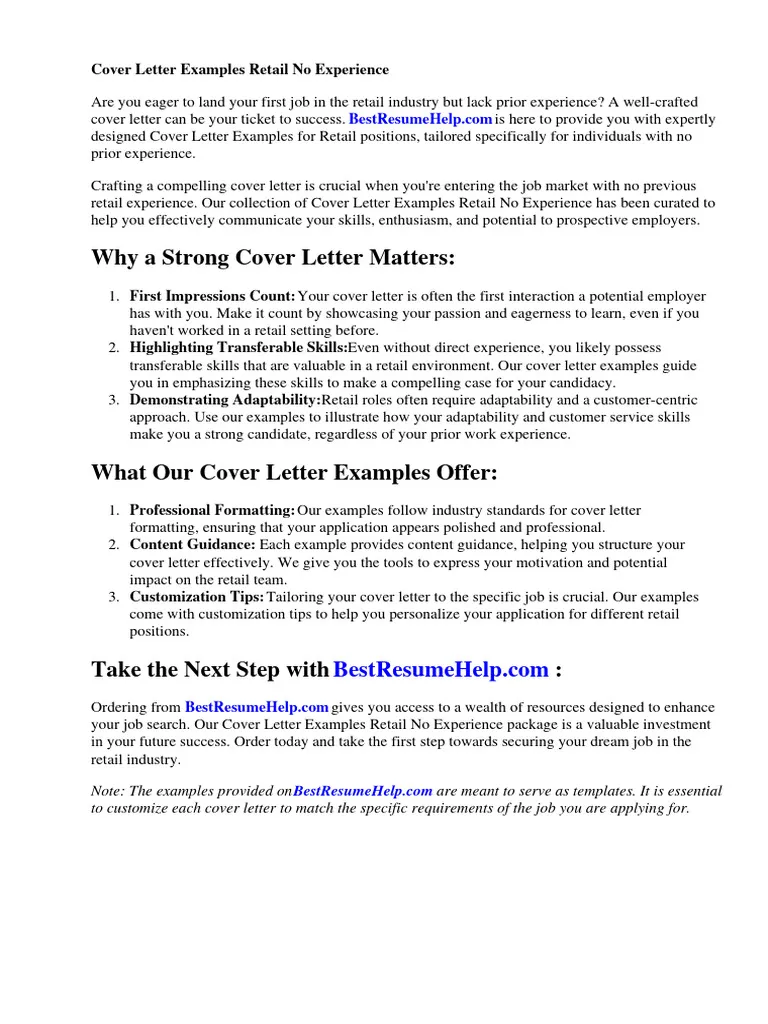Understanding the Importance of a Sales Cover Letter
In the competitive world of sales, a compelling cover letter can be your golden ticket to landing your dream job, especially when you’re starting without direct sales experience. It’s more than just a formality; it’s your first opportunity to make a lasting impression and demonstrate why you’re the right fit for the role. This document allows you to present yourself, your skills, and your enthusiasm in a way that a resume alone cannot. A well-crafted cover letter showcases your personality, your understanding of the company, and your ability to communicate effectively – all crucial elements for success in sales. Think of it as your personal marketing brochure, designed to captivate the hiring manager and make them eager to learn more about you. It’s your chance to stand out from the crowd and highlight what makes you unique, even without a long sales track record. Starting your sales career requires more than just a resume it demands a cover letter that grabs the attention of the reader immediately.
Why a Strong Cover Letter is Crucial
A strong sales cover letter is crucial for several reasons. Firstly, it provides context to your resume, allowing you to elaborate on your skills and experiences in a more detailed and personal way. It enables you to explain any gaps in your employment history or career changes, providing reassurance to the hiring manager. Secondly, a well-written cover letter demonstrates your communication skills, a vital asset in sales. It proves you can articulate your thoughts clearly, persuasively, and professionally. Thirdly, a cover letter lets you highlight your enthusiasm for the company and the role, showing that you’ve done your research and are genuinely interested in the opportunity. A generic cover letter screams of laziness, but a well written cover letter shows you have passion, desire and commitment.
Highlighting Transferable Skills
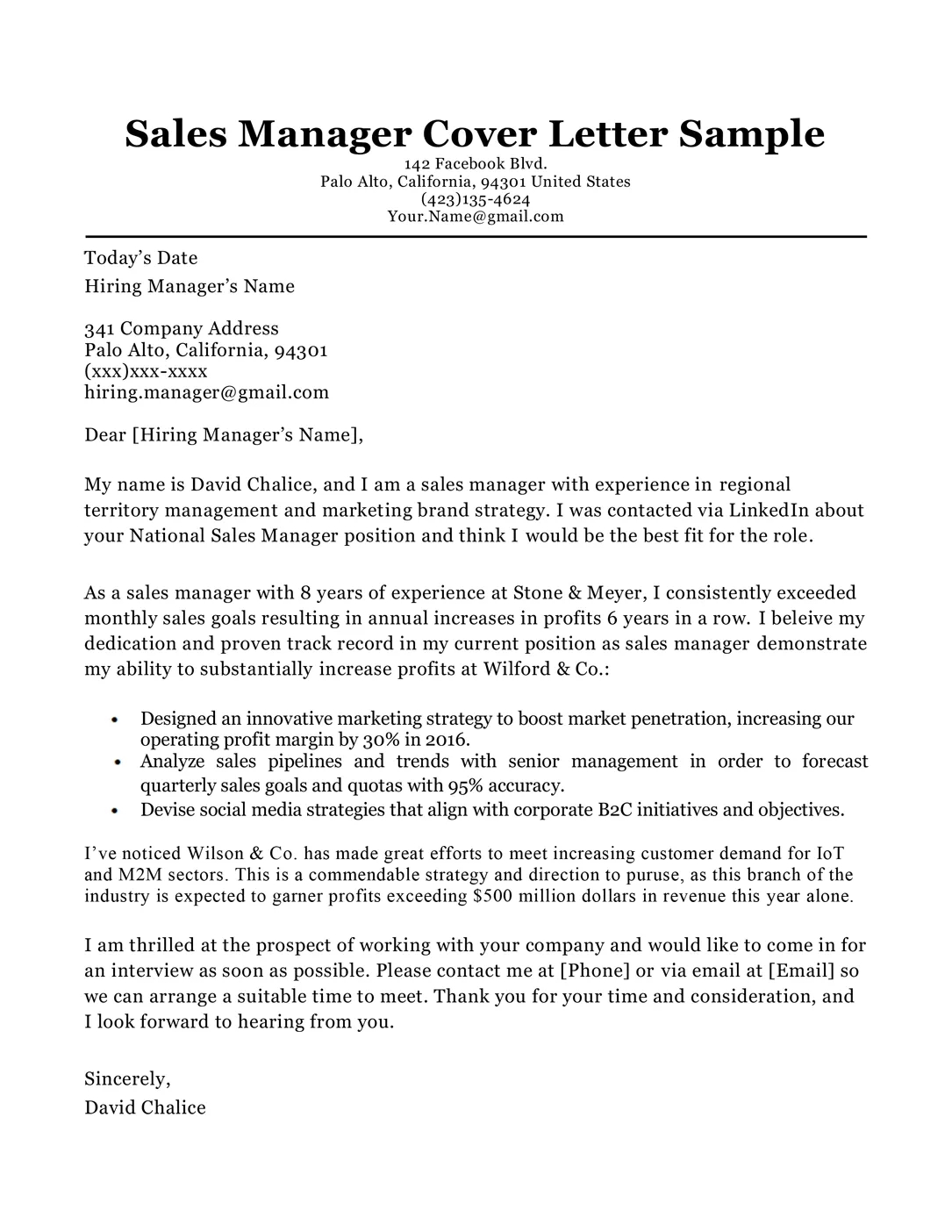
When you have no direct sales experience, focusing on your transferable skills is key. These are skills you’ve gained from other jobs, volunteer work, or educational experiences that are applicable to sales. Examples include communication, persuasion, problem-solving, customer service, and relationship-building. If you’ve worked in customer service, emphasize how you handled difficult clients and resolved issues. If you’ve been part of a team, highlight your collaboration and leadership skills. If you were involved in any fundraising, talk about how you convinced people to donate. These transferrable skills are very useful in the world of sales, and are crucial when applying. Highlighting these skills effectively demonstrates your potential and adaptability.
Identifying Your Skills and Experiences
Take the time to identify and list all your skills and experiences, no matter how seemingly unrelated to sales. Make a comprehensive list, and then analyze each item to see how it could be relevant to the sales role you’re applying for. For example, if you’ve organized events, highlight the planning, coordination, and promotional aspects. If you’ve managed a budget, showcase your ability to manage resources and meet deadlines. If you’ve volunteered, mention any roles that involved interacting with the public or persuading people. The process of identifying and articulating these skills helps you create a compelling narrative that demonstrates your suitability for the role, despite a lack of direct experience. Make sure you understand and recognise your own skills, so you can utilise them to their full potential.
Researching the Company and Role
Before you write your cover letter, research the company thoroughly. Visit their website, read their mission statement, and learn about their products or services. Understand their target market and their sales strategies. Similarly, carefully review the job description. Identify the key requirements and the qualities the company is looking for in a candidate. Tailor your cover letter to address these specific needs. Demonstrating that you understand the company and the role shows initiative and genuine interest, making your application more appealing. Understanding the company is a great advantage, and this allows you to align your skills with their goals and objectives.
Tailoring Your Cover Letter to the Job Description
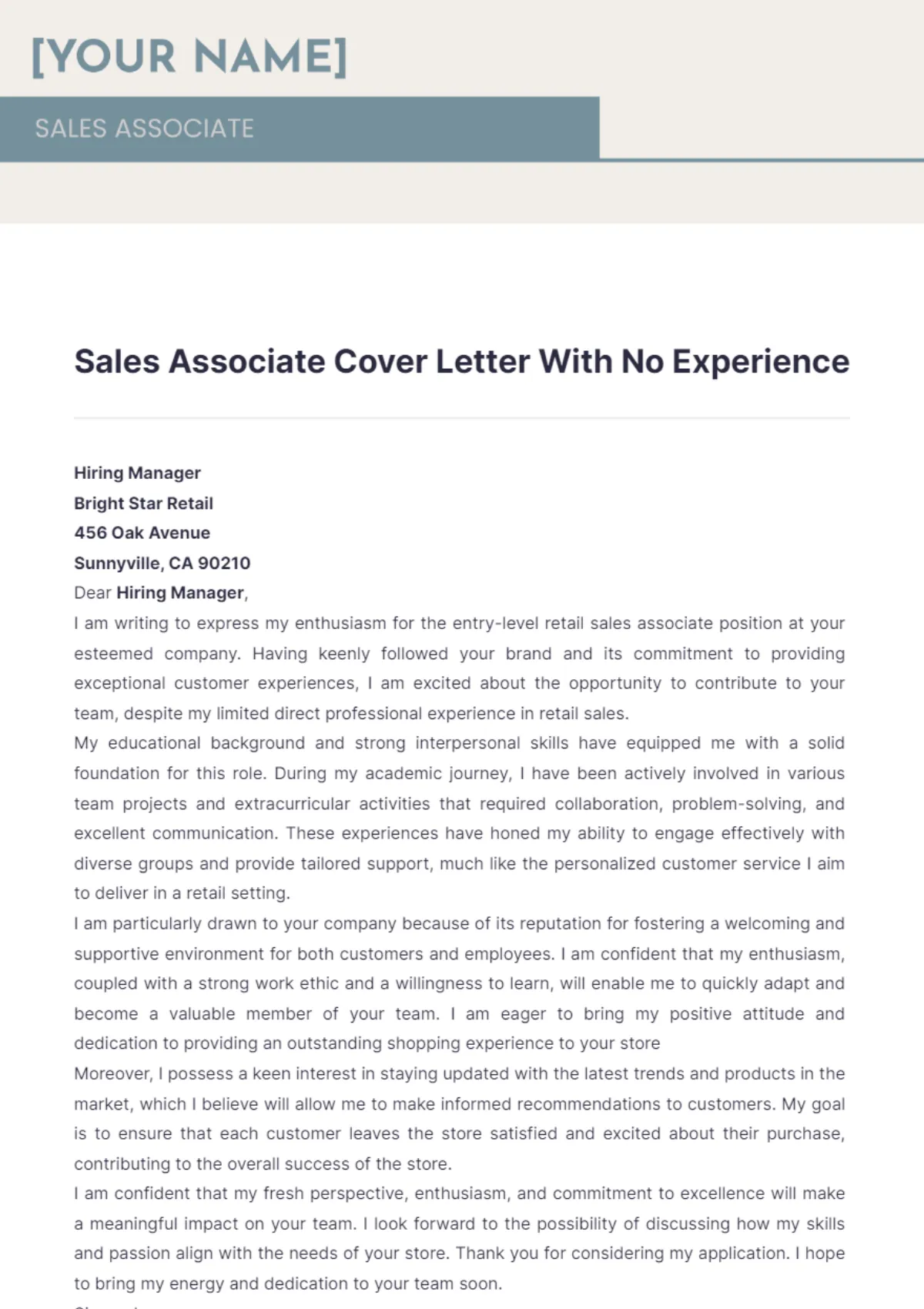
Each cover letter should be customized for the specific job you’re applying for. Use the job description as your guide. Identify the keywords and phrases used to describe the ideal candidate. Incorporate these terms into your cover letter, but do so naturally. Highlight the skills and experiences that align with the job requirements, providing specific examples to demonstrate your abilities. Show how your skills will contribute to the company’s success. Generic cover letters are easy to spot, but a tailored letter shows that you care about the opportunity and have taken the time to understand what the company needs. Tailoring your letter allows you to show exactly why you are the best choice for the role, so make sure you do your research.
Demonstrating Enthusiasm and Interest
Expressing genuine enthusiasm for the role and the company is vital. In your cover letter, convey your excitement about the opportunity and explain why you’re interested in sales, and why you are interested in the company. Mention specific aspects of the company that appeal to you, such as its values, culture, or products. Show that you have a genuine interest in helping the company succeed. Enthusiasm is contagious, and it will make the hiring manager more inclined to consider your application. A strong and enthusiastic cover letter is what can change your job search completely. Show your passion, and let your desire to be the sales representative of the company show.
Structuring Your Sales Cover Letter
A well-structured cover letter is easy to read and makes a positive impression. Your cover letter should include an opening paragraph, body paragraphs, and a closing paragraph. Each paragraph should serve a specific purpose and contribute to your overall message. Use clear and concise language, and avoid jargon. Organize your thoughts logically, and use headings and bullet points to improve readability. A good structure allows your cover letter to be organised, which makes it easier to read. This allows the reader to get a better understanding of the goals and desires you have for the role, and allows them to know if you are right for the job.
The Opening Paragraph Making a Strong First Impression
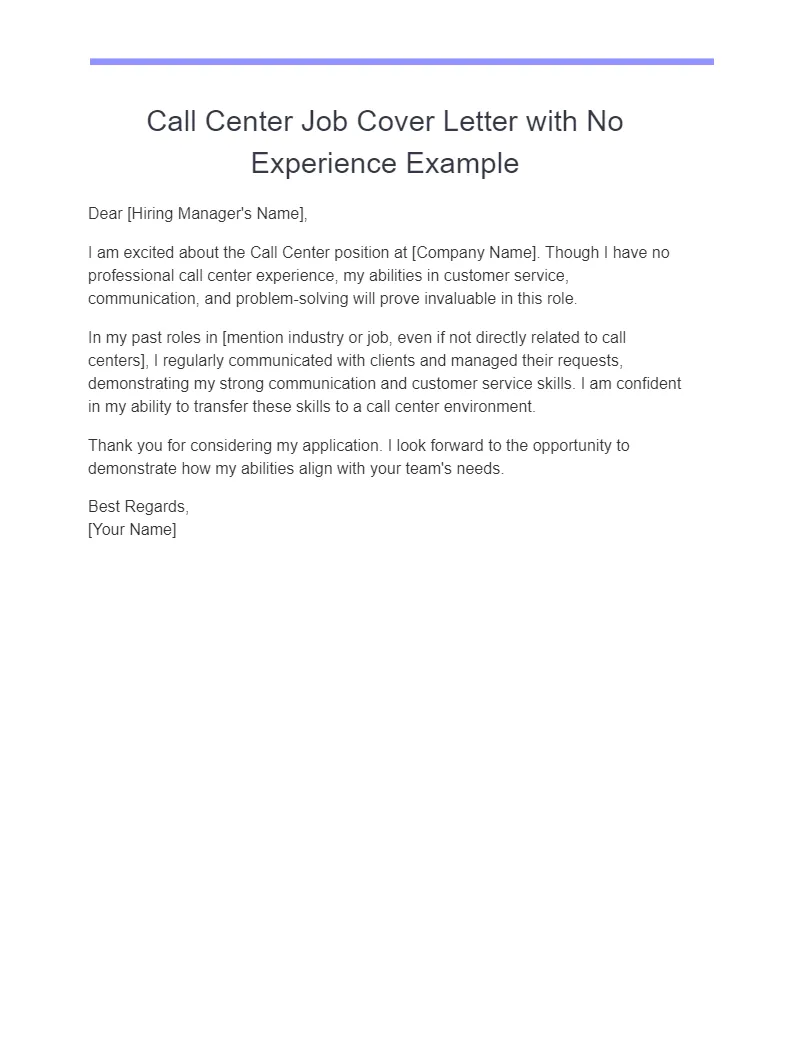
Your opening paragraph is crucial because it sets the tone for your cover letter. Start with a strong hook to capture the reader’s attention. State the position you’re applying for and where you found the job posting. Then, immediately highlight your key skills or experiences that make you a good fit for the role. Make a strong statement that demonstrates your enthusiasm and excitement. This opening paragraph is your chance to get the hiring manager interested in reading the rest of your letter. Remember, you want to grab their attention immediately and set yourself apart from other applicants. A strong opening will immediately give you the edge over other applicants.
The Body Paragraphs Showcasing Your Abilities
The body paragraphs are where you showcase your skills, experiences, and achievements. Use this section to elaborate on the transferable skills you identified earlier. Provide specific examples of how you have demonstrated these skills in the past. Quantify your achievements whenever possible (e.g., ‘Increased sales by 15%’). Tailor each paragraph to address the requirements of the job description. The aim here is to paint a clear picture of your abilities and demonstrate how you can contribute to the company’s success. Use this section to make sure you stand out, and leave an impression that will allow you to get hired.
Highlighting Achievements and Quantifiable Results
Whenever possible, quantify your achievements to demonstrate your impact. Use numbers, percentages, and data to illustrate your successes. For example, instead of saying ‘Improved customer satisfaction,’ say ‘Increased customer satisfaction scores by 20%.’ If you don’t have direct sales results, use metrics from other experiences. For example, if you’ve worked in customer service, mention how you reduced customer complaints or resolved issues efficiently. Quantifiable results are more persuasive and provide concrete evidence of your abilities. They allow you to be more persuasive, and allow the recruiter to see your potential value.
Using Action Verbs to Describe Your Skills
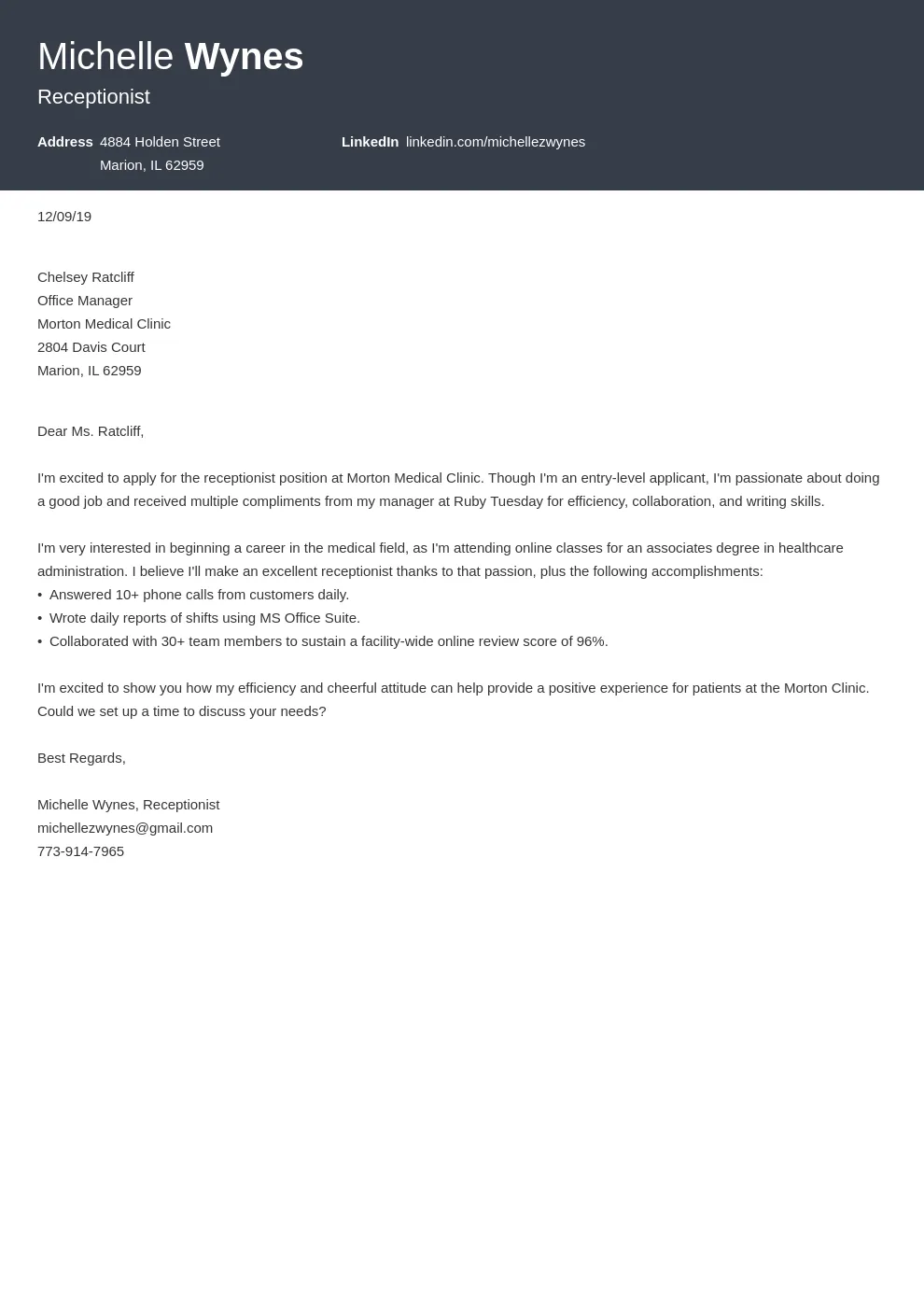
Use action verbs to describe your skills and experiences. Action verbs add energy and impact to your cover letter. Start each sentence with a strong verb to make your descriptions more compelling. Examples of action verbs include ‘achieved,’ ‘managed,’ ’led,’ ‘collaborated,’ ‘persuaded,’ ’negotiated,’ ‘resolved,’ ‘organized,’ and ‘implemented.’ Avoid passive language and instead use active voice to show your initiative and drive. When you use the correct active verbs, you are showcasing yourself in the most attractive way possible. Using action verbs is a great way to add life to your cover letter.
The Closing Paragraph Encouraging a Response
Your closing paragraph should reiterate your enthusiasm and make a call to action. Thank the hiring manager for their time and consideration. Express your eagerness to discuss your qualifications further and reiterate your contact information. Clearly state your availability for an interview or follow-up. A strong closing leaves a lasting positive impression and encourages the hiring manager to take the next step. Your closing should reiterate why you are interested in the role, and how you plan to move forward. This gives you the best opportunity to get the job.
Formatting and Proofreading Your Cover Letter
Formatting and proofreading are essential to ensure your cover letter is polished and professional. Proper formatting makes your cover letter easy to read and visually appealing. Proofreading is crucial to catch any errors that could undermine your credibility. Your cover letter is a direct reflection of your attention to detail and your commitment to excellence. An unpolished cover letter can give a negative impression, so make sure to check everything before submitting your application. Always review all of your work, so you know it is the best possible version of your application.
Formatting Guidelines for Readability
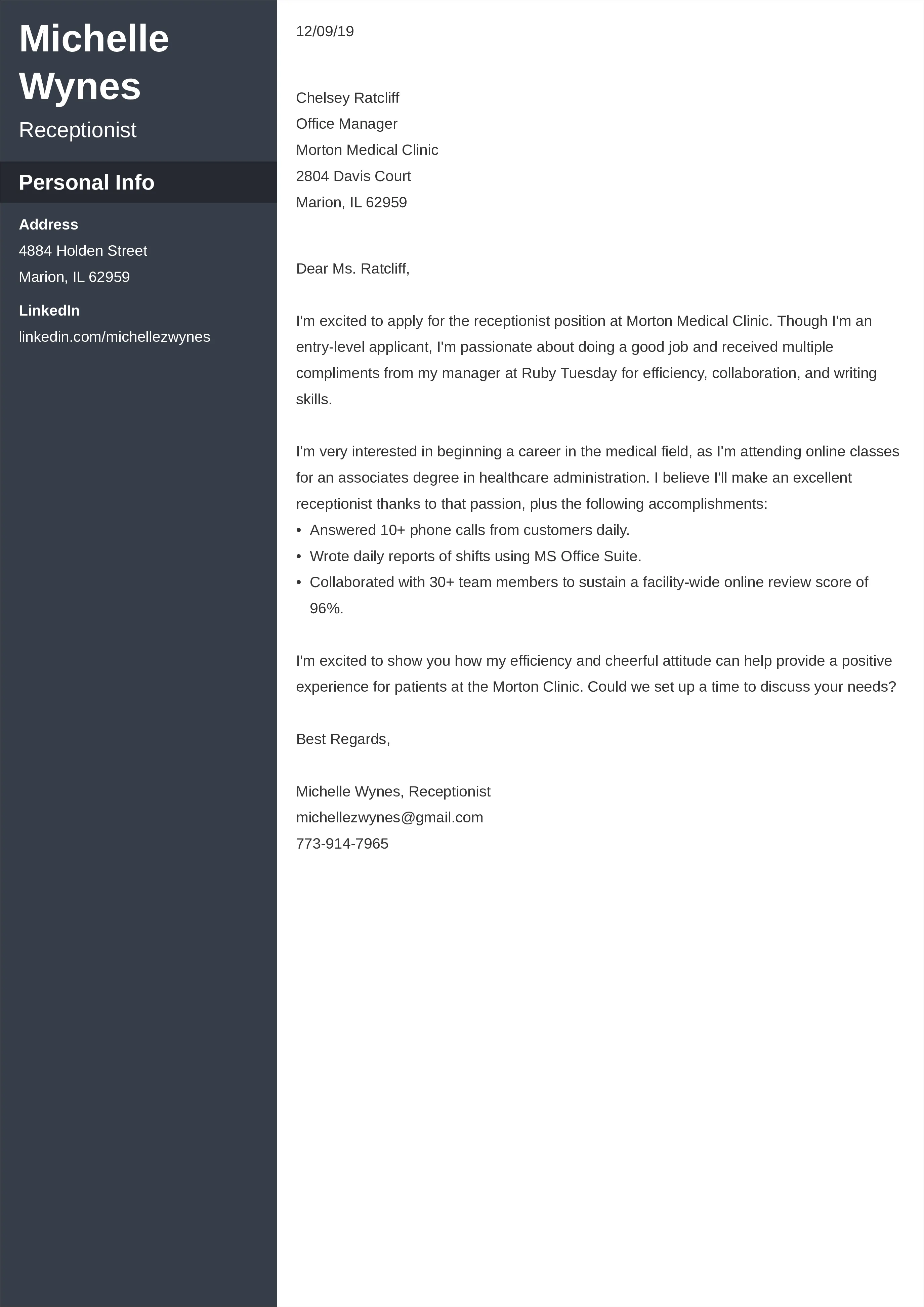
Follow these formatting guidelines for readability. Use a professional font, such as Times New Roman, Arial, or Calibri, and keep the font size between 11 and 12 points. Use single spacing within paragraphs and double spacing between paragraphs. Use left alignment and avoid justifying the text. Keep your cover letter to one page, and use a clear and consistent layout. Use headings and bullet points to break up the text and improve readability. A clear and easy to read cover letter is crucial. Ensure your cover letter is easy to understand and provides a great overview of why you are right for the role.
Proofreading Tips to Avoid Errors
Proofreading is critical to catch any spelling, grammar, or punctuation errors. Read your cover letter multiple times, and read it aloud to catch any awkward phrasing. Use a spell checker and grammar checker, but don’t rely on them completely. Ask a friend or family member to proofread your cover letter for a fresh perspective. A mistake-free cover letter demonstrates your attention to detail and professionalism. Be sure to check the information, and contact details. There’s nothing worse than sending off a cover letter with wrong information, which can quickly end your chances of getting hired.
Key Takeaways for a Successful Sales Cover Letter
To summarize, here are the key takeaways for writing a successful sales cover letter when you have no experience. Highlight your transferable skills, research the company and role, tailor your letter to the job description, demonstrate enthusiasm, structure your letter well, quantify your achievements, use action verbs, and end with a strong call to action. By following these guidelines, you can significantly increase your chances of getting hired. With these tips, you can be one step closer to landing the role, so you are on the right track. Make sure you are using these tips, and you can start your sales career today.
Final Thoughts and Next Steps
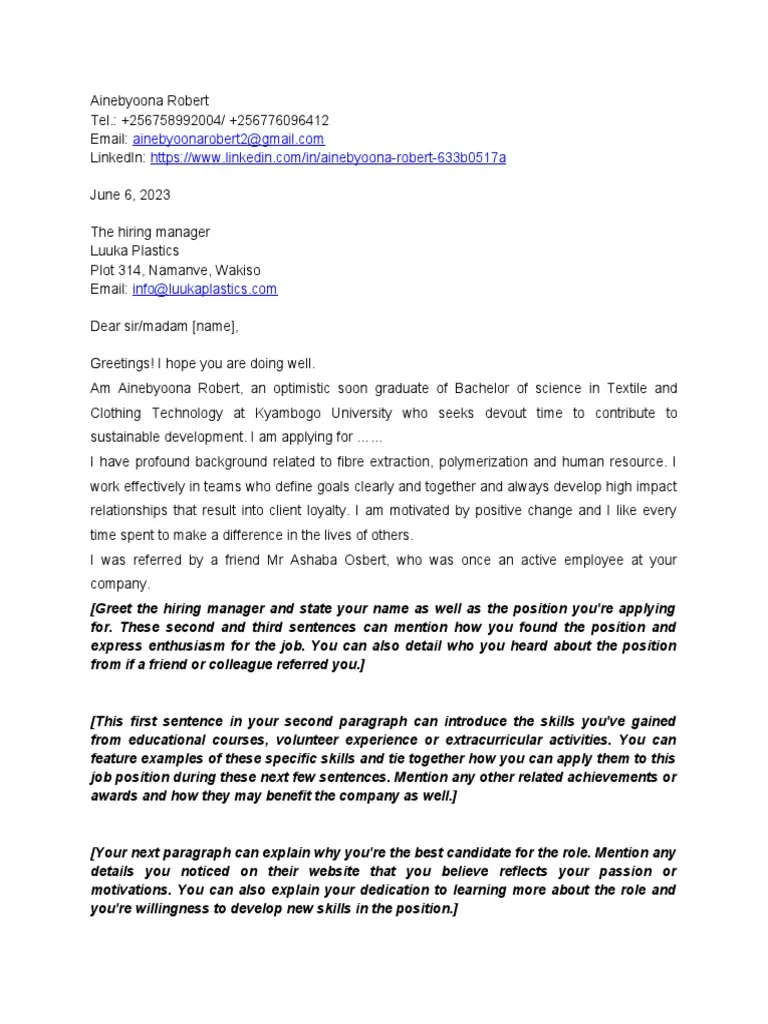
Writing a compelling cover letter is an investment in your future, especially if you are looking for a sales role with no prior experience. By focusing on transferable skills, demonstrating enthusiasm, and tailoring your application to each specific job, you can present yourself as a strong candidate. Remember to always proofread your cover letter, and don’t be discouraged if you don’t get a response immediately. Stay positive, and keep applying. You’re one step closer to your goal. Now, take action, and start crafting the cover letter that will land you your dream sales job. Getting the role you desire is within your grasp, so make sure you give it your all.
